Publication details
The English Boy at the Cape: An Anglo-African Story, 3 volumes, London, Whittaker, 1835. [1]
The English Boy at the Cape: An Anglo-African Story is a children's novel by Edward Augustus Kendall, first published in 1835. After writing a number of stories for children, Kendall toured America, worked in Canada, visited the West Indies, British India and the Cape Colony. On his return to England, he became a campaigner for the rights of the poor, and especially of children.
The English Boy at the Cape: An Anglo-African Story was one of the first novels to be set in South Africa. At the time, children's rights in the Cape were a subject of scandal with Britain exporting thousands of unwanted children as child labour to its colonies. In the 1830s some were sent to the Cape by the Children's Friend Society. Some of these teenagers were not only literate but determined enough to pay postage out of their meagre wages to write letters home detailing the conditions under which they were kept. While some had no complaint, others reported that they were treated badly. Their families, in turn, passed the letters on to the newspapers, where they were published. They created such a storm that the Colonial Secretary ordered an investigation, as a result of which no more children were sent to South Africa, while Canada and Australia continued to receive them right up to the middle of the twentieth century.
In The English Boy at the Cape: An Anglo-African Story, Kendall makes a graphic plea for religious and racial tolerance. A little English boy, Charles, becomes a street child in Cape Town. He is taken in by a Muslim family, who teach him cleanliness, godliness, schooling and industry. A shocking episode occurs when a gang of drunken British midshipmen break up a Muslim festival, accusing the participants of devil-worship. Even Charles is injured in the brawl. People of all colours, except the English and Dutch, tend the injured, and Charles is cared for by "the Jew Benjamin". At other points in the long story, he is also cared for by various indigenous people.
The English Boy at the Cape: An Anglo-African Story, 3 volumes, London, Whittaker, 1835. [1]
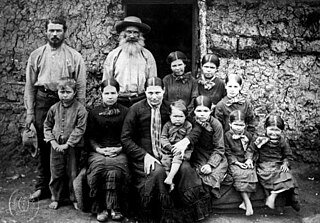
Boers is the term used for the descendants of the Dutch-speaking Free Burghers of the eastern Cape frontier in Southern Africa during the 17th, 18th, and 19th centuries. From 1652 to 1795, the Dutch East India Company controlled this area, but the United Kingdom incorporated it into the British Empire in 1806. The name of the group is derived from "boer", which means "farmer" in Dutch and Afrikaans.

Joseph Rudyard Kipling was an English novelist, short-story writer, poet, and journalist. He was born in British India, which inspired much of his work.

Charles Kingsley was a broad church priest of the Church of England, a university professor, social reformer, historian, novelist and poet. He is particularly associated with Christian socialism, the working men's college, and forming labour cooperatives, which failed, but encouraged later working reforms. He was a friend and correspondent of Charles Darwin.
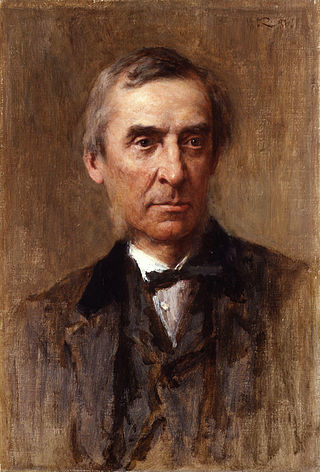
James Anthony Froude was an English historian, novelist, biographer, and editor of Fraser's Magazine. From his upbringing amidst the Anglo-Catholic Oxford Movement, Froude intended to become a clergyman, but doubts about the doctrines of the Anglican church, published in his scandalous 1849 novel The Nemesis of Faith, drove him to abandon his religious career. Froude turned to writing history, becoming one of the best-known historians of his time for his History of England from the Fall of Wolsey to the Defeat of the Spanish Armada.

The Great Trek was a northward migration of Dutch-speaking settlers who travelled by wagon trains from the Cape Colony into the interior of modern South Africa from 1836 onwards, seeking to live beyond the Cape's British colonial administration. The Great Trek resulted from the culmination of tensions between rural descendants of the Cape's original European settlers, known collectively as Boers, and the British Empire. It was also reflective of an increasingly common trend among individual Boer communities to pursue an isolationist and semi-nomadic lifestyle away from the developing administrative complexities in Cape Town. Boers who took part in the Great Trek identified themselves as voortrekkers, meaning "pioneers", "pathfinders" in Dutch and Afrikaans.
This article contains information about the literary events and publications of 1835.

George Meredith was an English novelist and poet of the Victorian era. At first his focus was poetry, influenced by John Keats among others, but he gradually established a reputation as a novelist. The Ordeal of Richard Feverel (1859) briefly scandalised Victorian literary circles. Of his later novels, the most enduring is The Egoist (1879), though in his lifetime his greatest success was Diana of the Crossways (1885). His novels were innovative in their attention to characters' psychology, and also took a close interest in social change. His style, in both poetry and prose, was noted for its syntactic complexity; Oscar Wilde likened it to "chaos illumined by brilliant flashes of lightning". He was an encourager of other novelists, as well as an influence on them; among those to benefit were Robert Louis Stevenson and George Gissing. He was nominated for the Nobel Prize in Literature seven times.

Lydia Maria Child was an American abolitionist, women's rights activist, Native American rights activist, novelist, journalist, and opponent of American expansionism.

Sir James Augustus Henry Murray, FBA was a Scottish lexicographer and philologist. He was the primary editor of the Oxford English Dictionary (OED) from 1879 until his death.

Anglo-Indian people fall into two different groups: those with mixed Indian and British ancestry, and people of British descent born or residing in India. The latter sense is now mainly historical, but confusions can arise. The Oxford English Dictionary, for example, gives three possibilities: "Of mixed British and Indian parentage, of Indian descent but born or living in Britain or of English descent or birth but living or having lived long in India". People fitting the middle definition are more usually known as British Asian or British Indian. This article focuses primarily on the modern definition, a distinct minority community of mixed Eurasian ancestry, whose first language is English.
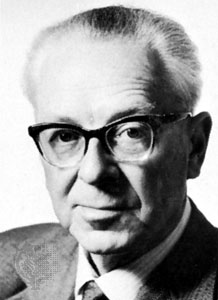
William Charles Franklyn Plomer was a South African and British novelist, poet and literary editor. He also wrote a series of librettos for Benjamin Britten. He wrote some of his poetry under the pseudonym Robert Pagan.

Home Children was the child migration scheme founded by Annie MacPherson in 1869, under which more than 100,000 children were sent from the United Kingdom to Australia, Canada, New Zealand, and South Africa. The programme was largely discontinued in the 1930s, but not entirely terminated until the 1970s.
The British diaspora in Africa is a population group broadly defined as English-speaking white Africans of mainly British descent who live in or come from Sub-Saharan Africa. The majority live in South Africa and other Southern African countries in which English is a primary language, including Zimbabwe, Namibia, Kenya, Botswana, Zambia. Their first language is usually English. The majority of white Africans who speak English as a first language are of British and Irish descent.
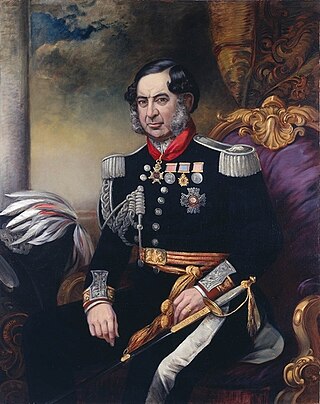
Sir Charles Augustus FitzRoy, was a British military officer, politician and member of the aristocracy, who held governorships in several British colonies during the 19th century.

Olive Schreiner was a South African author, anti-war campaigner and intellectual. She is best remembered today for her novel The Story of an African Farm (1883), which has been highly acclaimed. It deals boldly with such contemporary issues as agnosticism, existential independence, individualism, the professional aspirations of women, and the elemental nature of life on the colonial frontier.

The Book of Negroes is a 2007 novel from Canadian writer Lawrence Hill. In the United States, Australia and New Zealand, the novel was published under the title Someone Knows My Name.
Edward Augustus Kendall was a British translator, social campaigner and miscellaneous writer.
Keeper's Travels in Search of His Master is a children's novel written in 1798 by Edward Augustus Kendall, and reprinted throughout the nineteenth century.
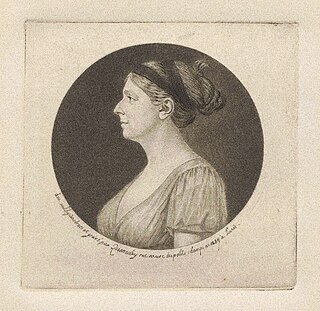
Margaret King (1773–1835), also known as Margaret King Moore, Lady Mount Cashell and Mrs Mason, was an Anglo-Irish hostess, and a writer of female-emancipatory fiction and health advice. Despite her wealthy aristocratic background, she had republican sympathies and advanced views on education and women's rights, shaped in part by having been a favoured pupil of Mary Wollstonecraft. Settling in Italy in later life, she reciprocated her governess's care by offering maternal aid and advice to Wollstonecraft's daughter Mary Shelley and her travelling companions, husband Percy Bysshe Shelley and stepsister Claire Clairmont. In Pisa she continued the study of medicine which she had begun in Germany and published her widely read Advice to Young Mothers, as well as a novel, The Sisters of Nansfield: A Tale for Young Women.

Augustus Bridle was a Canadian journalist and author.